Join Cloud Computing Courses For Beginners At Croma Campus
4.9 out of 5 based on 8753 votesLast updated on 13th Mar 2024 6.1K Views
- Bookmark

Embark on your cloud journey with beginner-friendly courses, mastering essential concepts and skills in Cloud Computing.

Learning and development departments hold the key to enhancing business operations by offering top-notch cloud computing courses for beginners and advanced users. By implementing a robust training program, organizations can unlock long-term benefits.
Cloud computing adoption is widespread, with statistics painting a clear picture:
- 96% of organizations utilize some form of cloud services.
- On average, businesses rely on nearly 5 different cloud platforms.
- 26% of enterprises allocate over $6 million annually to public cloud computing.
Despite its popularity, cloud computing poses challenges. Approximately 35% of cloud spending is wasted due to inadequate cost optimization. As technology evolves, IT professionals must remain adaptable.
You May Also Read: Google Cloud for Students
Cloud computing courses for beginners: Topics covered include:
Week 1: Introduction to Cloud Computing
- Understanding Cloud Computing
- Historical Context and Evolution of Cloud Computing
- Types of Cloud Services (IaaS, PaaS, SaaS)
- Benefits and Challenges of Cloud Computing
- Overview of Major Cloud Providers (AWS, Microsoft Azure, Google Cloud Platform)
Week 2: Cloud Infrastructure and Deployment Models
- Cloud Deployment Models (Public, Private, Hybrid, Community)
- Essential Cloud Concepts (Virtualization, Elasticity, Scalability)
- Key Characteristics of Cloud Computing (On-demand self-service, Broad network access, Resource pooling, Rapid elasticity, Measured service)
- Hands-on Lab: Setting up a basic cloud environment
Week 3: Cloud Storage and Networking
- Cloud Storage Services (Object Storage, Block Storage, File Storage)
- Cloud Networking Fundamentals (Virtual Networks, Subnets, IP Addressing)
- Data Transfer and Content Delivery Networks (CDNs)
- Hands-on Lab: Configuring cloud storage and networking components
Week 4: Cloud Computing Security and Compliance
- Security Challenges in Cloud Computing
- Cloud Security Best Practices (Identity and Access Management, Encryption, Network Security)
- Compliance and Governance in the Cloud (GDPR, HIPAA, SOC 2)
- Hands-on Lab: Implementing security measures in a cloud environment
Week 5: Cloud Services and Management
- Introduction to Cloud Services (Containers, Serverless Computing)
- Cloud Management Tools and Services (Cloud Management Platforms, Monitoring and Logging)
- Cloud Cost Management and Optimization Strategies
- Hands-on Lab: Deploying and managing cloud services
Week 6: Cloud Applications and Development
- Cloud Application Architecture Patterns
- Development Frameworks and Tools for Cloud Applications
- DevOps Practices in Cloud Environments
- Hands-on Lab: Developing and deploying a cloud-native application
Week 7: Emerging Trends in Cloud Computing
- Edge Computing and IoT Integration
- Artificial Intelligence and Machine Learning in the Cloud
- Serverless Computing and Function as a Service (FaaS)
- Hands-on Lab: Exploring emerging cloud technologies
Week 8: Final Project and Course Wrap-up
- Final Project Presentation and Evaluation
- Review of Key Concepts and Learning Outcomes
- Career Paths and Opportunities in Cloud Computing
- Course Reflection and Next Steps
This is just a general idea of what basic cloud computing courses generally cover. To learn more advanced topics or any customizations, feel free to connect with experts like Croma Campus.
You May Also Read: Google Cloud Digital Leader Certification Cost
Learn Cloud Computing Basics:
In recent years, Cloud technology has transformed traditional computing methodologies.
With cloud computing courses for beginners, you'll dive deep into the fundamentals of Cloud computing, and understand its infrastructure and services. You'll trace the evolution of Cloud services to accommodate evolving user requirements while exploring various applications and functionalities of the Cloud.
Dive into Cloud Infrastructure Basics:
Cloud computing boasts five core characteristics that distinguish it from its predecessors.
- On-demand self-service: Users can access resources without manual intervention.
- Broad network access: Services are accessible via standard network methods from anywhere.
- Resource pooling: Provider resources are shared and dynamically allocated.
- Rapid elasticity: Services can quickly scale up or down to meet demand changes.
- Measured service: Resource usage is monitored for transparent billing and management.
Through detailed exploration, you'll uncover these characteristics, ranging from on-demand self-service to resource pooling. Discover how these attributes optimize processes alongside current and emerging technologies.
Using real-world examples, you'll contextualize each characteristic within your professional sphere, pinpointing opportunities for growth and development.
Discover the Essentials of Cloud Services and Deployment Models
In this Microsoft Azure Course Online, delve into the core concepts of cloud computing, including its service models (SaaS, IaaS, PaaS) and deployment models (hybrid, private, public cloud), and discover their distinct applications.
Gain insights into various cloud service providers like Azure and AWS, explore their offerings from Azure functions to AWS services, and acquire hands-on experience in managing cloud resources on both platforms.
By the course's end, grasp the intricacies of cloud computing and its relevance for both individuals and enterprises, paving the way to embark on a career journey as a proficient cloud practitioner.
Learning Experience with Cloud computing courses for beginners
Throughout, you'll engage with fellow learners, exchange ideas, and participate in lively discussions within the comments section.
What Will You Accomplish?
- Articulate the necessity and significance of cloud computing for personal and business purposes.
- Identify suitable cloud computing software suites to establish basic cloud computing networks.
- Assess cloud computing capabilities, requirements, and deployment needs based on service availability.
- Contrast various cloud computing services according to computing demands.
- Establish cloud computing management accounts across different platforms.
- Explore cloud computing platforms for both personal and business applications.
Who is the right target audience?
These courses cater to individuals seeking foundational knowledge in Cloud Computing. No prior experience is required, making it ideal for managers and leaders looking to enhance their understanding of IT processes, as well as individuals considering a future in computer networks.
What Software or Tools Do You Need?
You'll need to create online cloud computing accounts and access or run software on a remote cloud computing instance with the Windows operating system. Instructions on setting up these tools will be provided during the course.
Join Croma Campus for Beginner-Level Cloud Computing Courses
Embark on your journey into cloud computing with Croma Campus, where we offer other comprehensive courses like AWS Course Online tailored for beginners. Whether you're new to the field or seeking to enhance your understanding, our expert instructors will guide you through the fundamentals of cloud computing.
You May Also Read: Google Cloud Engineer Roles And Responsibilities
In our courses, you'll:
- Gain a solid understanding of cloud computing concepts and terminology.
- Learn about different cloud service models, deployment models, and providers.
- Explore practical applications of cloud computing in various industries.
- Develop hands-on skills through real-world projects and exercises.
- Receive guidance and support from experienced instructors every step of the way.
Take advantage of this chance to launch your cloud computing career with our Cloud Computing Online Course at Croma Campus. Enroll today and explore endless opportunities in the cloud!
Subscribe For Free Demo
Free Demo for Corporate & Online Trainings.
Your email address will not be published. Required fields are marked *
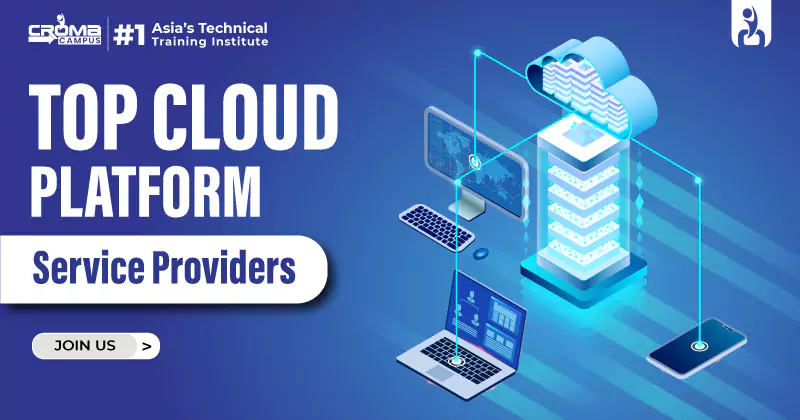
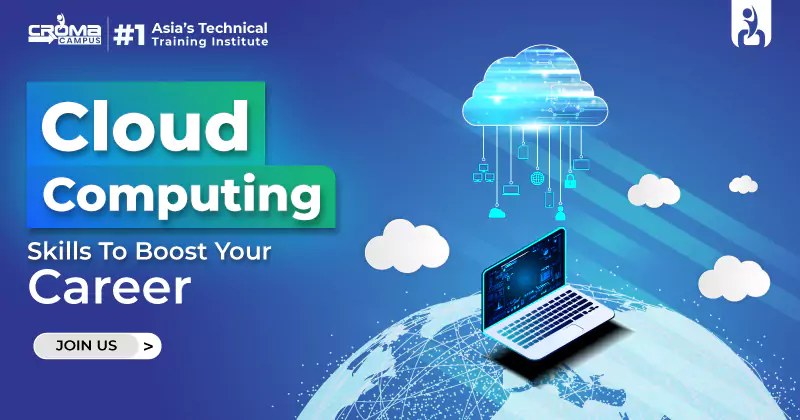
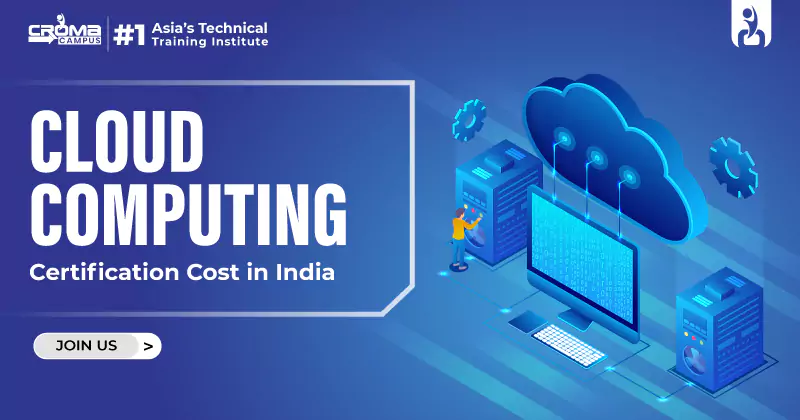
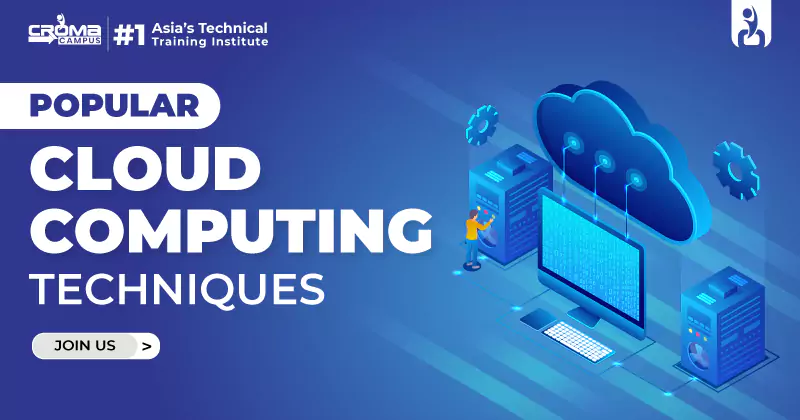
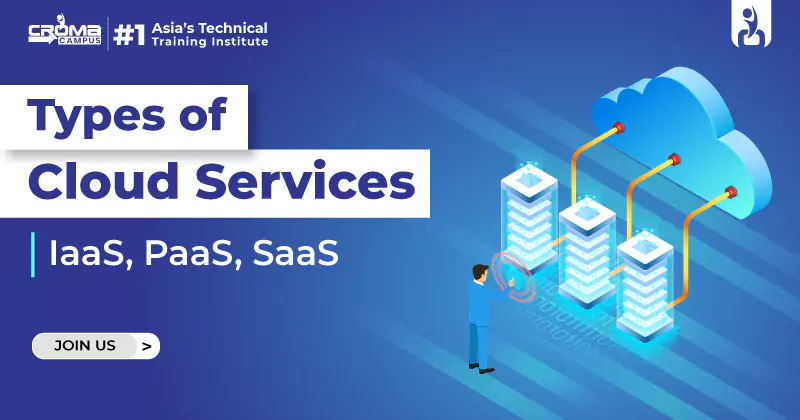
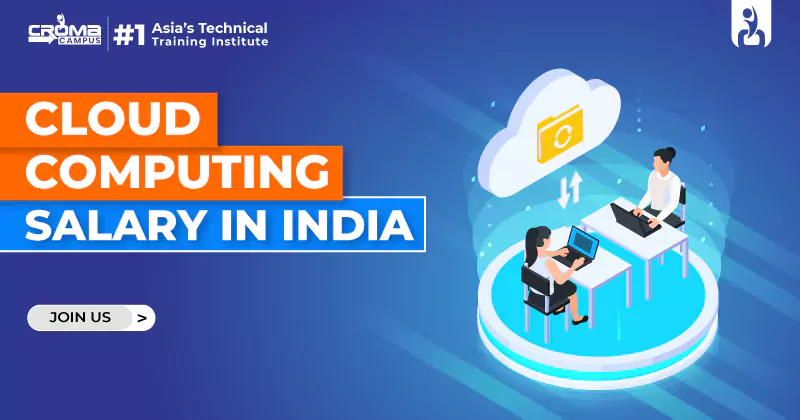
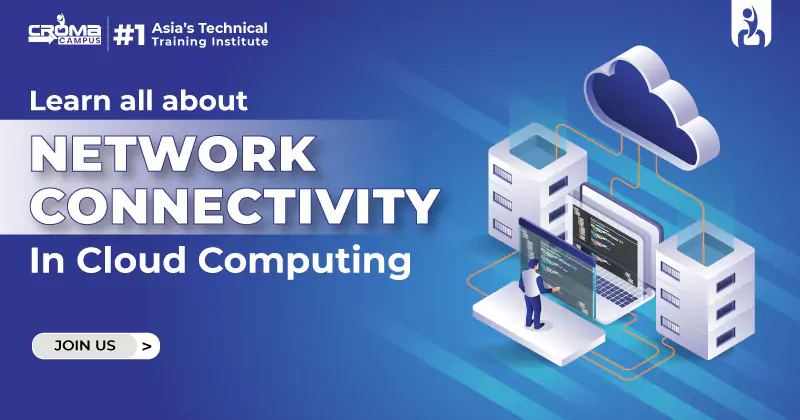
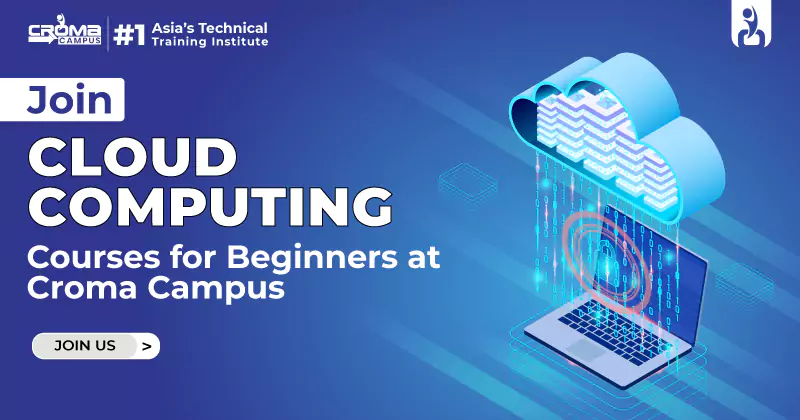
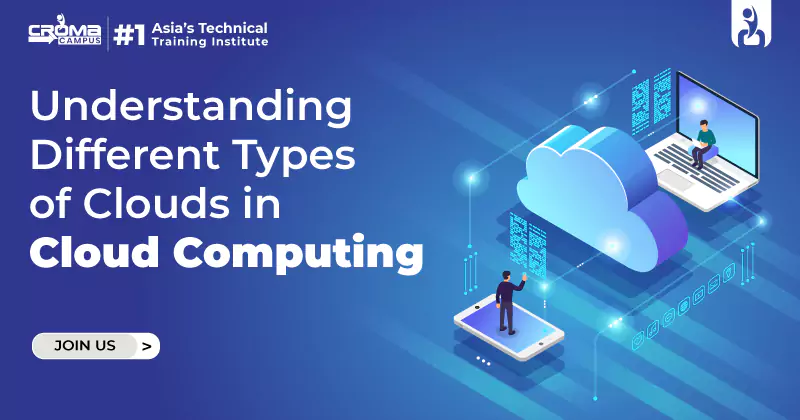
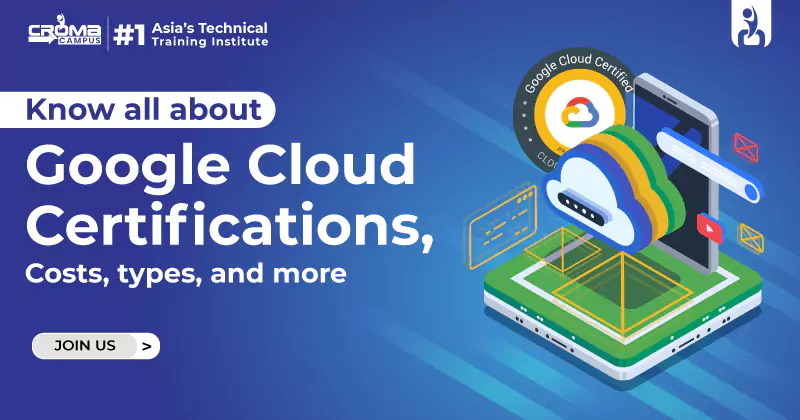
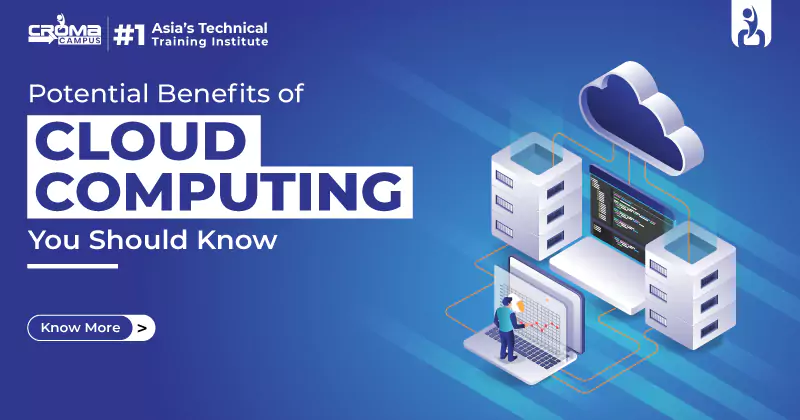
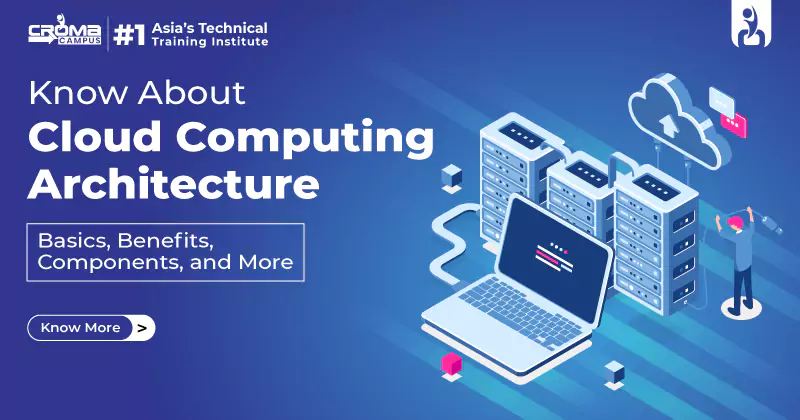









 Master in Cloud Computing Training
Master in Cloud Computing Training